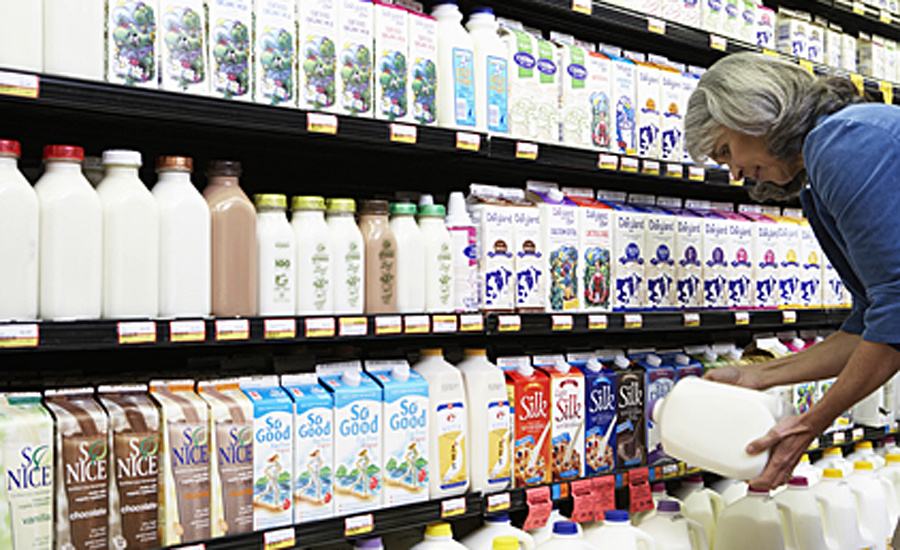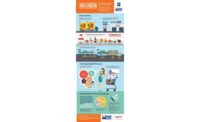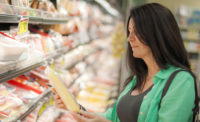Most food and beverage companies anticipate a significant increase in sales this year, according to the 2016 annual U.S. Food & Beverage Industry Study, released by WeiserMazars LLP, a New York-based accounting, tax and advisory services firm.
Survey participants – which were drawn from over 200 companies across the food and beverage industry – are confident sales will increase 14% compared to 2015 and project net profits will rise by 10%.
Respondents attributed this growth prediction to secular industry trends currently favoring private label and healthy/nutritious foods, however there were differences in the top ranked trends for large and small firms.
In small firms (less than $50 million in revenue), for example, healthy/nutritious foods and private label foods emerged as the Top 2 trends with 20% and 18%, respectively. In large firms (more than $50 million in revenue), the Top 2 were reversed with private label foods and healthy/nutritious foods being 1 and 2 respectively. Twenty-seven percent of respondents ranked private label foods as the top trend, compared to 18% in small firms.
However, these gains are weighed against the rising costs in labor and healthcare, which are anticipated to rise by 5% and 11%, respectively. The top external/environmental issues overall were food safety, traceability and quality assurance and new government regulations related to the Food Safety Modernization Act (FSMA). This was consistent across companies of all sizes. The least concern was expressed about currency fluctuations and acquisitions.
The Top 3 supply chain elements across all companies were cost of goods, food safety and food quality. This was consistent with 2015 observations. No major differences were noted between the large and small firms in supply chain priorities.
Food and beverage processors were asked to identify the implementation state of various projects that can impact their bottom lines. The most common projects are compliance procedures for labeling laws and succession plans, with 21% and 16%, respectively already implementing or planning to implement these projects.
"The dynamic nature of the food and beverage industry continues to challenge organizations looking for growth," says Louis Biscotti, partner, who leads the food and beverage practice. "Through this survey, we're pleased to provide executives with comprehensive insight into potential industry drivers and best practices to stay ahead of the competition."
The survey delved into areas such as performance, planning and challenges facing food and beverage companies. In addition, the survey addressed how they are adapting to changing consumer trends, proposed government regulations, new companies entering the field and new product and service offerings. Where applicable, responses were sorted by firm size, providing more nuanced insights into industry trends. Survey participants included manufacturers and wholesalers/distributors, which represent a range of annual sales volumes from $1 million or less to more than $500 million.



